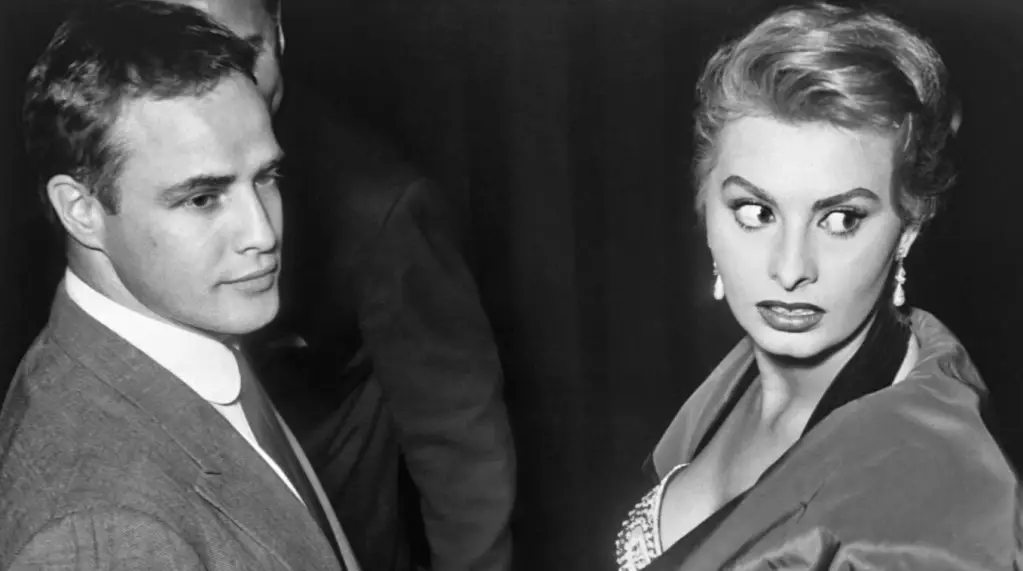Marlon Brando’s reaction at the Italian premiere of “On The Waterfront” serves as a striking example of the intrinsic relationship between an actor and their voice. Known for his intense commitment to his craft, Brando’s anger was ignited not merely by personal pride, but by a deeper concern for artistic authenticity. The anecdote, as shared in Hank Kaufman and Gene Lerner’s memoir “Hollywood on the Tiber,” sheds light on the intense emotional investment Brando had in his roles and the distress he felt when that integrity was compromised.
For actors, much of their identity is intertwined with their vocal delivery—the nuances of their voice are fundamental to their performance. When Brando realized that his voice had been replaced by a different actor for the Italian audience, it was more than just an affront to his pride; it was an existential crisis. He was thrust into a position where he felt like a mere puppet, manipulated and stripped of the agency that actors value so dearly. This reveals a potent truth about the craft of acting: it is not merely about how one looks on screen, but how authentic one sounds and feels. The sudden disconnect between his physical presence and vocal representation must have felt utterly discombobulating.
The memoir recounts their experiences in Italy during the 1950s, capturing the glamour of the film industry while simultaneously revealing the often-overlooked trials actors faced. The context enriches the understanding of Brando’s emotional outburst, framed by an era when foreign films were frequently dubbed—a practice that simply didn’t resonate with actors who valued their own voice. Brando’s dramatic exit, characterized vividly by his agent as one resembling a man suffering a heart attack, encapsulates not only his frustration but a broader struggle between artistry and commercial adaptations.
Despite the turmoil, Brando’s eventual return to the cinema demonstrates his resilience and dedication. The fact that he re-emerged just in time to receive adoration from the audience underscores a profound dichotomy within his experience: the clash between personal indignation and professional obligation. The applause he received was not only a acknowledgment of his talent but also a testament to his ability to transcend personal adversities and give the audience what they yearned for.
Brando’s fury at the Italian premiere serves as a reminder of the challenges actors may face in preserving their artistic integrity in a highly commercialized industry. The tension between personal expression and audience expectation is a recurring theme in the lives of many performers. His experience, documented in Kaufman and Lerner’s work, continues to resonate today as a poignant commentary on the importance of authenticity in artistic expression. As the translation of “Hollywood on the Tiber” reaches English-speaking audiences, it offers a fresh perspective on the nuanced challenges that echo through the corridors of cinematic history. Brando’s story is a vital chapter, reminding us that behind the glamor, the world of acting is fraught with struggles for genuine representation.
